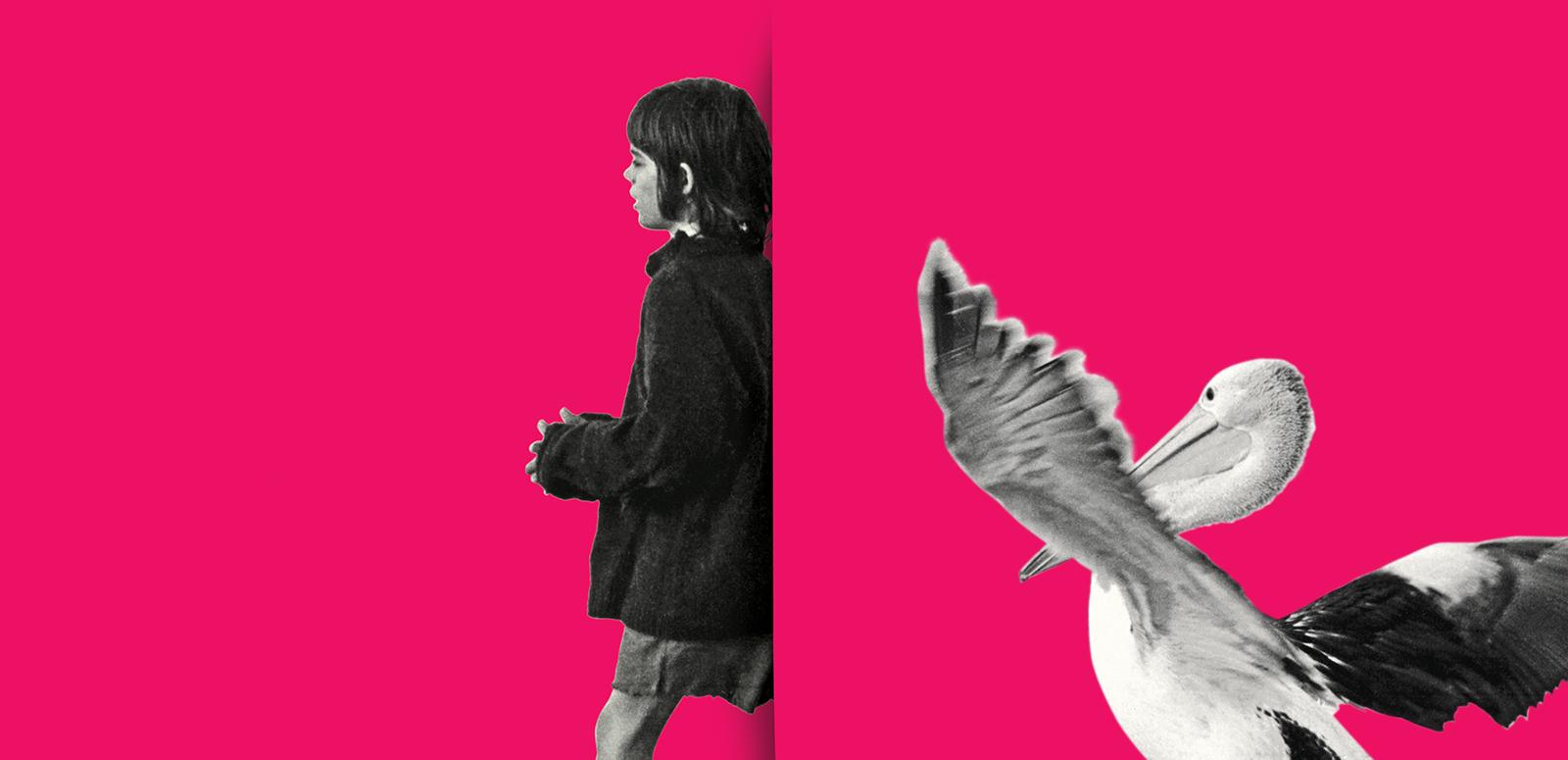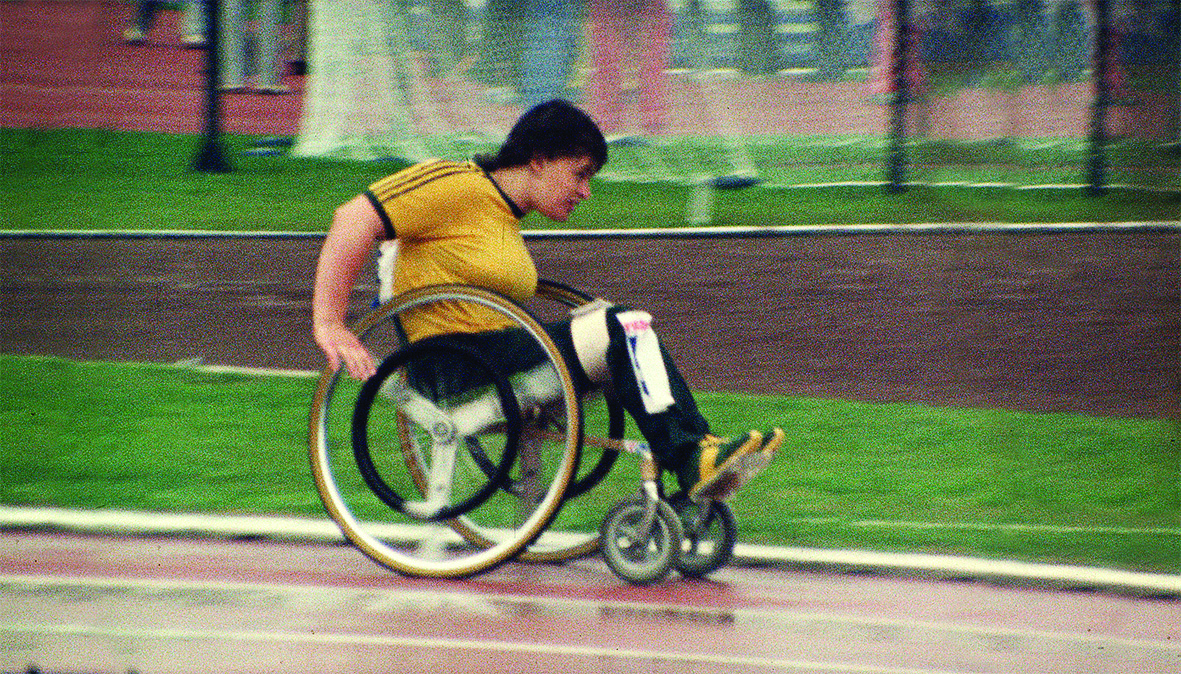

Annual report 2016-17
Our Performance
An integrated approach
Our Corporate Plan 2016–17 to 2019–20 outlines how we are going to achieve our purpose and work towards our vision of being Australia’s living archive – relevant, engaged and accessible. To deliver against our purpose and achieve our vision, we set five strategic priorities in the plan:
1. A ‘living’ archive – for everyone
2. Collecting and preserving
3. Developing leadership in the digital environment
4. Indigenous connections
5. Maximising our resources
Our Corporate Plan is the NFSA’s primary planning and reporting document. It was developed and published in accordance with the requirements of Section 35 of the Public Governance, Performance and Accountability Act 2013 (the PGPA Act).
In the plan there is a comprehensive range of both qualitative and quantitative performance measures to enable a holistic assessment of our outcomes and impact. The NFSA’s Corporate Plan 2016–17 to 2019–20 was integrated with our business planning processes and we have systems in place to regularly monitor and report on our progress and achievements against the plan.
Our five strategic priorities and a selection of key performance criteria described in our Corporate Plan are integrated into our Portfolio Budget Statements (PBS). Our PBS also included key performance indicators set by the Department of Communications and the Arts.
Annual Performance Statements
As part of the enhanced Commonwealth performance framework established by the PGPA Act, each year we publicly report on our performance against the Corporate Plan and the PBS. We do this through our annual performance statements in our Annual Report, telling our complete performance story.
Our results against each of our Corporate Plan performance criteria for 2016–17, and analysis of their contribution to the achievement of our purpose, are reported in the annual performance statements following. For each strategic priority, the performance criteria, annual target, achievements and discussion of results have been included.
Snapshot: A priceless private Collection
In 2016 we acquired the private collection of South Australian dentist and amateur filmmaker, Donald Worley. Don, who had always had a keen eye for stills photography, picked up a Super 8 film camera, and so began a sideline occupation and passion.
Don donated almost 10 hours of film material to the NFSA, featuring hundreds of national and international sporting events that he shot, or co-directed the filming of, between 1972 and 1988. The films are of inestimable value and record the supportive grassroots community and pioneering spirit of the early Paralympic competitors.
Don’s involvement with disabled sport began when he and his wife Barbara Worley were involved in a car accident in 1967. The accident left Barbara a paraplegic but she and Don were a formidable team and never let anything deter them. Barbara became a member of the South Australian Paralympics team, competing internationally in Dunedin in 1974 and at the Far East and South Pacific Games in Japan in 1975.
Barbara became involved in the administration of the sport for people with a disability and played a leading role in the development of Paralympic sport in Australia. She passed away in 2014.
Don’s impressive collection has been digitally preserved and will be held with pride in the national collection. Don has since been recognised with an Order of Australia honour.

Australian athlete at the 1980 Olympics for the Disabled in Arnham, Netherlands. From the Don Worley’s Paralympic history films.
The National Film and Sound Archive of Australia acknowledges Australia’s Aboriginal and Torres Strait Islander peoples as the Traditional Custodians of the land on which we work and live and gives respect to their Elders both past and present.